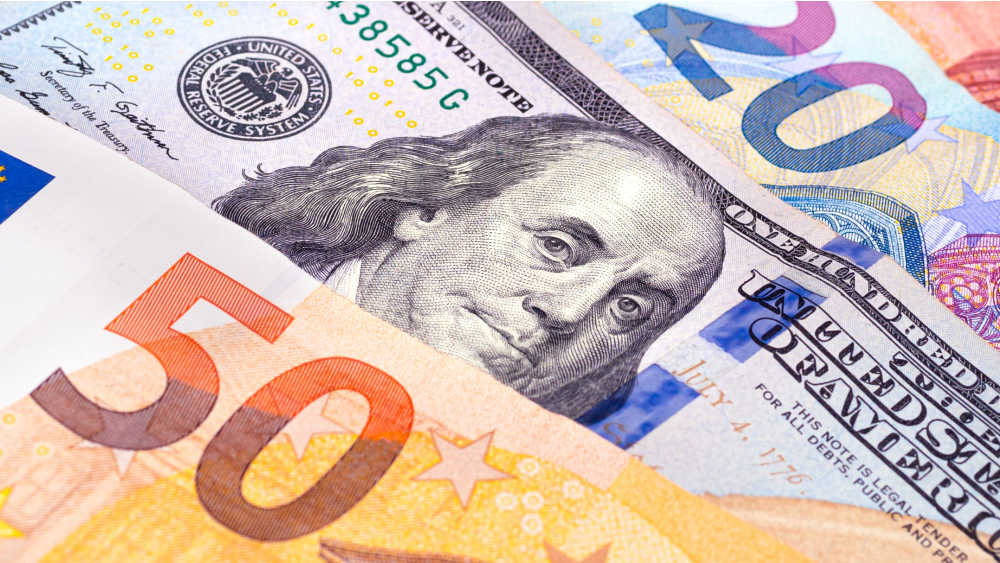In 2023, 46% of overall extra-EU trade in goods was conducted in euro, while 42% was in US dollars. Currencies of the EU countries other than euro were used for 2% of the trade, and other currencies amounted to 10%.
The euro was the most used currency for exports, with a 52% share, ahead of the US dollar at 32%, currencies of EU countries other than the euro at 3%, and other currencies at 14%.
In 19 of the 27 EU countries, the euro was the most used currency for extra-EU exports of goods in 2023. The highest shares were recorded in Slovenia (90%), Croatia (82%), and Latvia (78%).
In 6 EU countries, the US dollar was the most used currency for exports. Among these, shares above 50% were recorded in Cyprus (76%), Ireland (65%), and Greece (54%).
The share of EU currencies other than the euro was particularly high in Sweden and Denmark, with shares of 50% and 28% respectively, primarily due to the use of their own national currency.
Source dataset: ext_lt_invcur
US dollar was the most used currency for imports in 2023, with a share of 50%, followed by the euro at 41%. Currencies of EU countries other than the euro accounted for 1%, and other currencies for 7%.
In 2023, the US dollar was the most used currency for extra-EU imports of goods in 16 of the 27 EU countries. The share of US dollars in extra-EU imports was the highest in Finland (67%), Greece, Poland and Lithuania (all with a share of 64%).
In the remaining 11 EU countries, the euro was the most used currency for imports, with the highest shares in Slovenia (77%), Croatia (70%), and Slovakia (60%).
Currencies of EU countries other than the euro reached double digits in Czechia (24%) and Denmark (13%).
Source dataset: ext_lt_invcur


